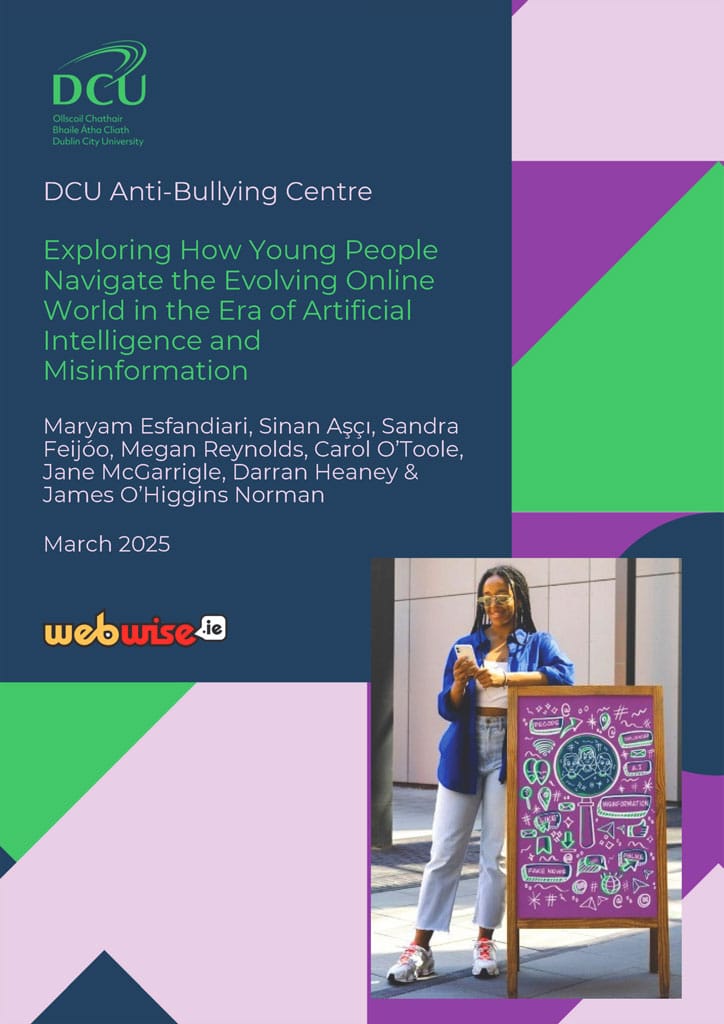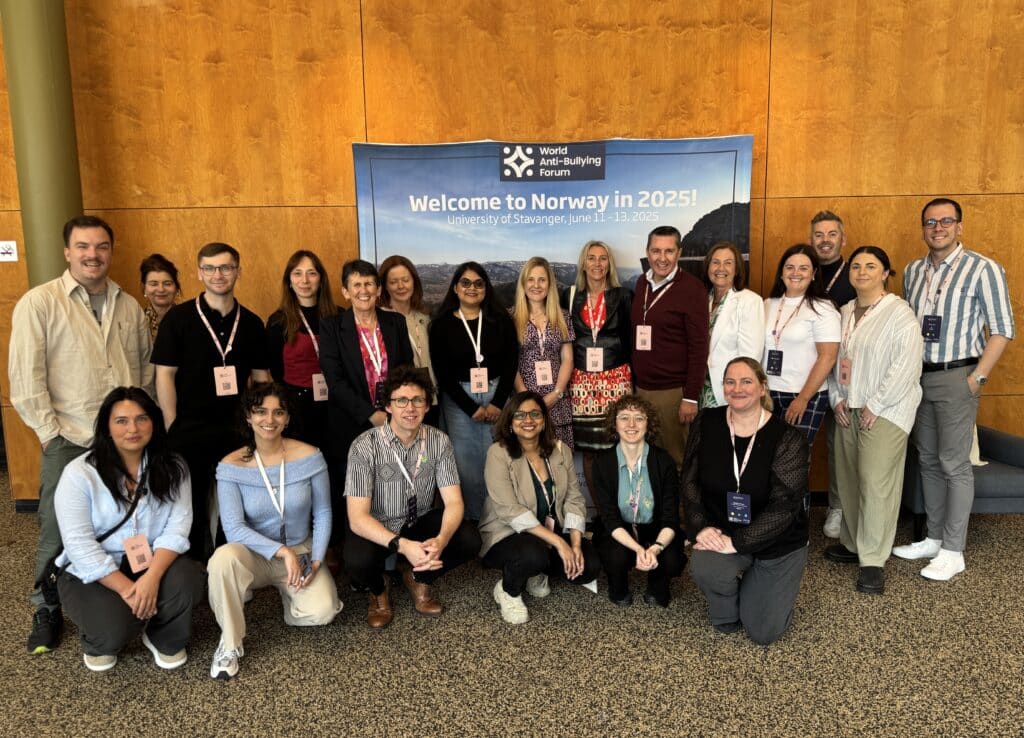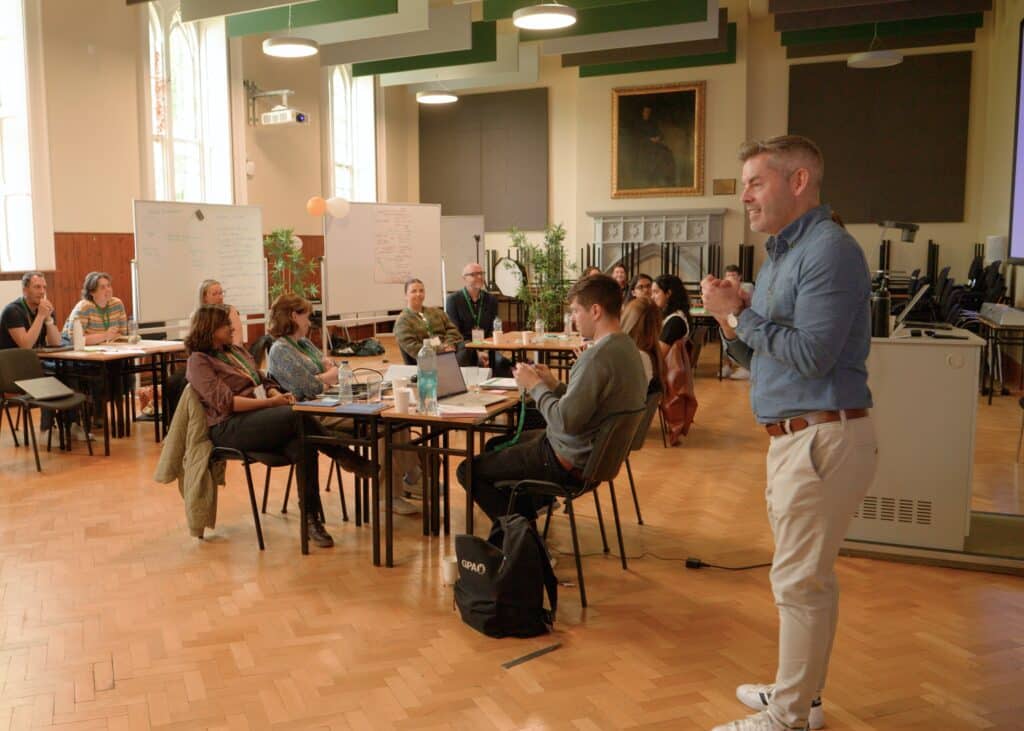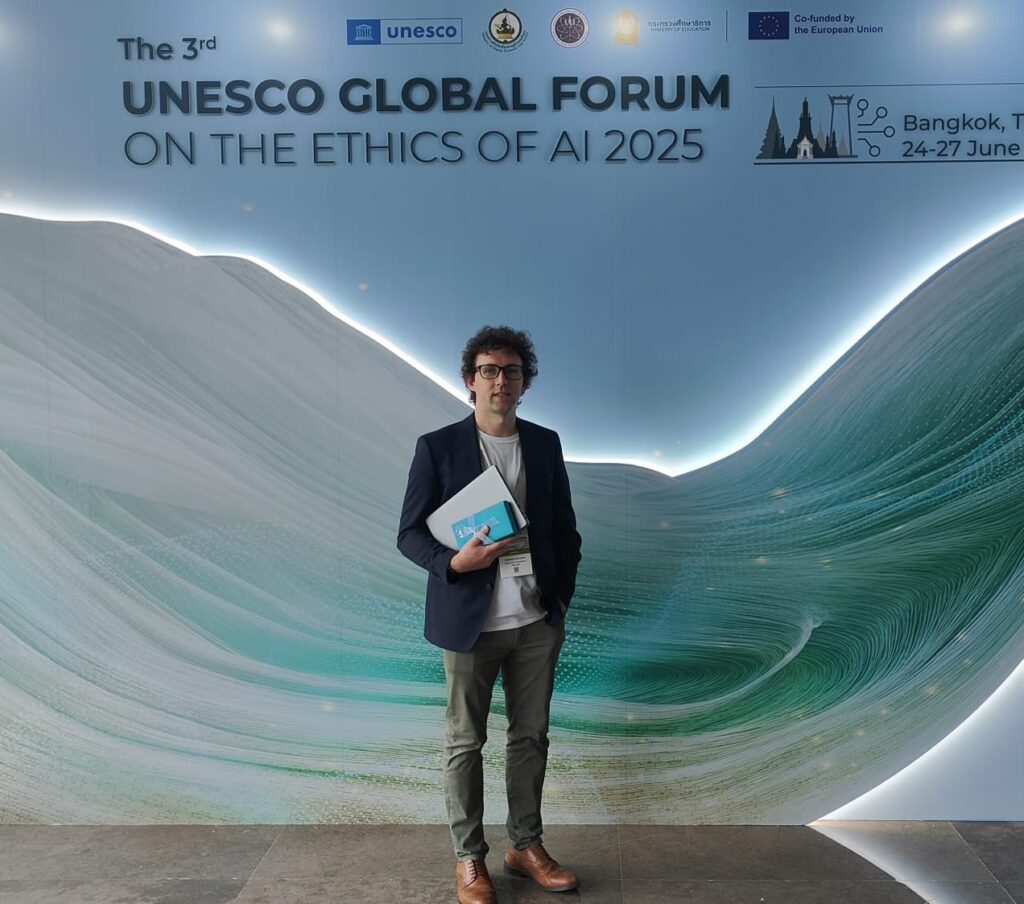
A new report from Dublin City University’s Anti-Bullying Centre, in collaboration with Webwise, outlines how young people navigate online spaces, especially in the new era of artificial intelligence and misinformation.
Researchers from the DCU Anti-Bullying Centre conducted a survey with 109 adolescents, aged between 11 and 15 years old, across Ireland. The findings demonstrated that 60% of participants received their first smartphone between 10 and 13 years old, and 43% of participants in the study indicated using their smart mobile devices several times a day.
Participants were asked what their most popular or used social media platform was, with YouTube standing out as the most popular social media platform as 61.5% of participants identified that it was their favourite social media platform to use. The findings reveal that filters (photo or video) were the most widely used tools, with 61.5% of adolescents using them. Further, the majority of participants felt that being online enhances their self-expression.
The survey explored whether adolescents believed they had skills to safely navigate such online platforms. The findings from the report demonstrated that adolescents have a reasonable level of perceived online self-efficacy, particularly in maintaining their privacy when online. In addition, over half of respondents are confident in keeping passwords safe and knowing whom not to share them with. In terms of AI and deepfake-related efficacy items, gaps exist in advanced digital literacy knowledge of adolescents, particularly in identifying advanced forms of misinformation.
Participants were asked questions about influencer content and whether they felt this type of content had an impact on their self-image and/or feelings. The findings showed that adolescents use influencer content, but seemed indifferent to its influence on their self concept and emotions. Further, the findings revealed that participants showed a limited interest in the influence of social media personalities on their self-identity, and their active engagement with this content was minimal. Instead, the findings indicate that adolescents primarily consume influencer content for entertainment rather than emotional connection.


